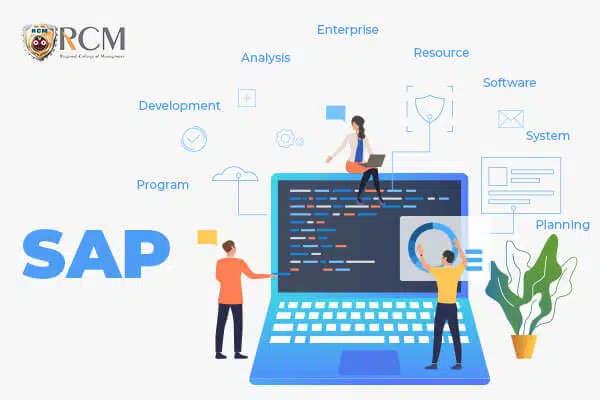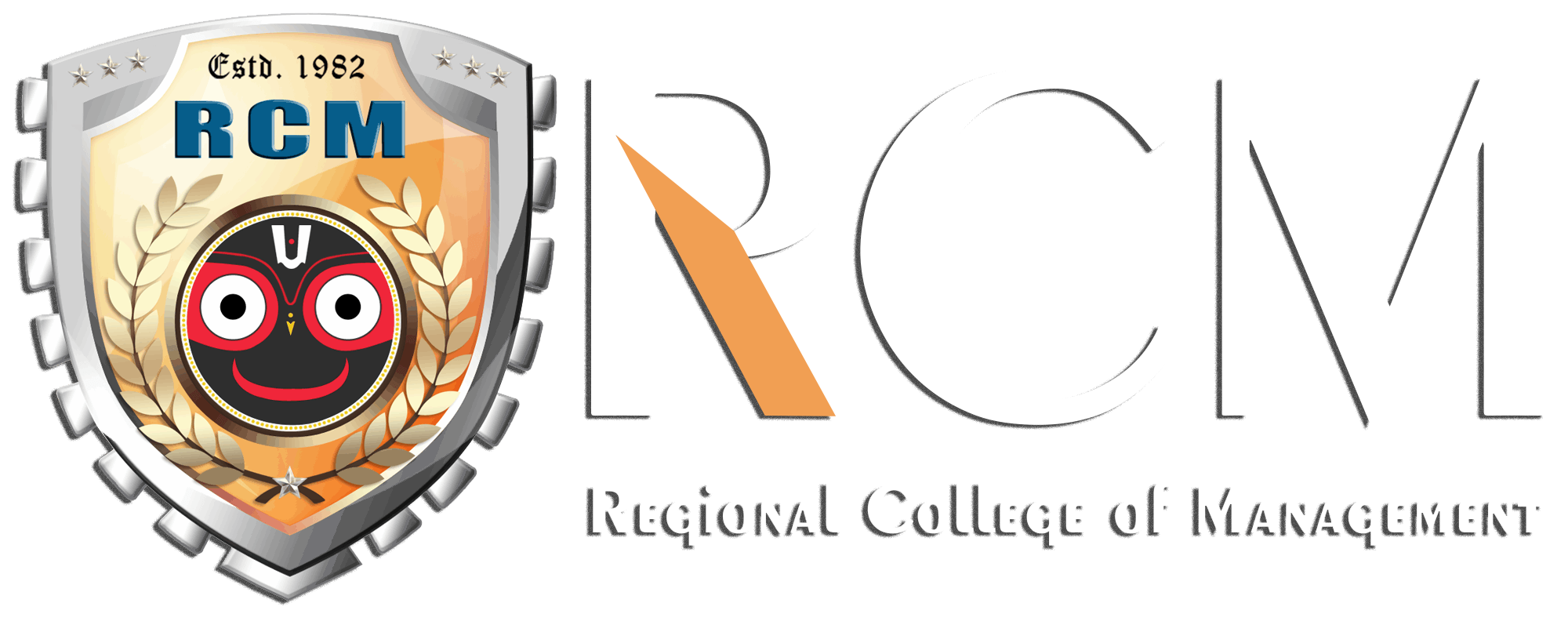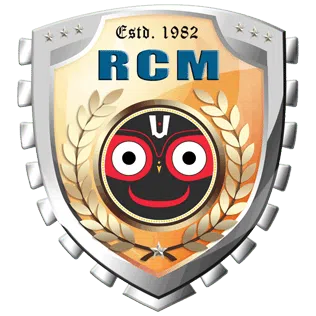
SAP software, a leading ERP SAP solution, streamlines business operations by integrating real-time data across departments. Used by over 4,25,000 organizations globally, SAP enhances productivity, decision-making, and cost efficiency. With SAP India post advancements like AI automation and employee portals, businesses achieve better governance, flexibility, and scalable growth.
Introduction to SAP Software and ERP System
In today’s dynamic business landscape, effective leadership is shaped by evolving competencies. Organizations must now focus on dynamic competency mapping—combining inherited strengths with real-time learning. This transformation includes mastering strategic thinking, adaptability, communication, and decision-making.
One of the most powerful tools aiding this transformation is SAP software, the global leader in ERP systems. Used across industries and borders, SAP empowers organizations to unify data, streamline operations, and drive innovation with confidence. Whether you’re a business leader or aspiring professional, learning how ERP SAP works could be the key to your next big leap.
Did You Know? Over 4,25,000 companies across 180+ countries use SAP software, making it the most preferred ERP solution globally.
What Is SAP Software?
SAP (System Application and Products in Data Processing) originated in Germany with the purpose of real-time business data processing. It evolved into a powerful ERP system enabling businesses to manage all their key operations under one roof—from HR and finance to sales and logistics.
Meanwhile, ERP (Enterprise Resource Planning) systems are tools that integrate all core functions across a company. SAP became synonymous with ERP due to its comprehensive features and ability to connect departments, systems, and decision-makers.
Core Layers of SAP Software
1. Presentation Layer
Also called the Client Layer, this interface lets users interact with SAP using the SAP GUI.
2. Application Layer
Known as the Basis/ABAP layer, it processes transactions, executes logic, and ensures load balancing for smooth performance.
3. Database Layer
This layer stores structured data using relational databases. SAP HANA, SAP’s proprietary database, is fast, adaptable, and compatible with major RDBMS platforms like Oracle.
Key Features of SAP ERP Systems
1. Integration Across All Business Functions
SAP integrates sales, finance, supply chain, HR, and more. It allows data to flow seamlessly between departments for aligned decision-making.
2. Real-Time Business Visibility
Gain real-time insights and dashboards that help management respond quickly to market shifts.
3. Automation & AI-Driven Intelligence
SAP software now includes artificial intelligence that predicts outcomes, automates repetitive work, and enhances productivity.
4. Collaboration Tools for Employees
With features like the SAP Employee Portal, staff can access data, collaborate, and perform self-service tasks, increasing job ownership and engagement.
SAP Software: Packages & Best Practices
Industry Best Practices
ERP-SAP consultants tailor implementations to specific industries using proven methodologies. This reduces risk and ensures faster adoption.
Consultant-Centric Development
SAP ERP implementations require expert consultants, not generic vendors. These consultants help map complex business processes to SAP.
PC Assembly and Platform Issues
Integration between SAP and your IT environment must be seamless. Many businesses fail to align platforms, causing deployment issues.
Continuous Evolution
SAP ERP is constantly evolving to match technological shifts. From mainframes to cloud-based and web-enabled platforms, SAP India Post has been actively rolling out updates that address modern business challenges.
Benefits of ERP SAP for Businesses
Better Corporate Governance
- Real-time tracking and self-service access improve compliance and overall governance.
Cost Efficiency
- Automation reduces labor needs and helps conserve financial resources through efficient processes.
Boosted Productivity
- AI eliminates redundancy, ensuring precise data flow and effective task management.
Employee Empowerment
- SAP helps employees take informed decisions with real-time data access via intuitive interfaces.
Organizational Flexibility
- ERP SAP ensures smooth inter-departmental workflows, transparent operations, and easy scalability.
A Future-Ready Career with SAP
Professionals trained in SAP are in high demand. From SAP FICO to SAP HCM and logistics modules, mastering ERP SAP can lead to lucrative roles in top MNCs.
At RGBS (Regional Global Business School), a division of RCM Bhubaneswar, students gain hands-on exposure to ERP SAP systems. With live case studies, experienced faculty, and industry-backed training, RGBS prepares students for global ERP careers.
Conclusion
The future of business lies in integration, automation, and smart decision-making—all of which are core strengths of SAP. From boosting performance to preparing for leadership roles, SAP is more than just an ERP system; it’s a transformation engine.
Ready to build your SAP journey? Explore our PGDM in ERP SAP at RGBS Bhubaneswar and gain the skills to thrive in today’s tech-powered world.



























